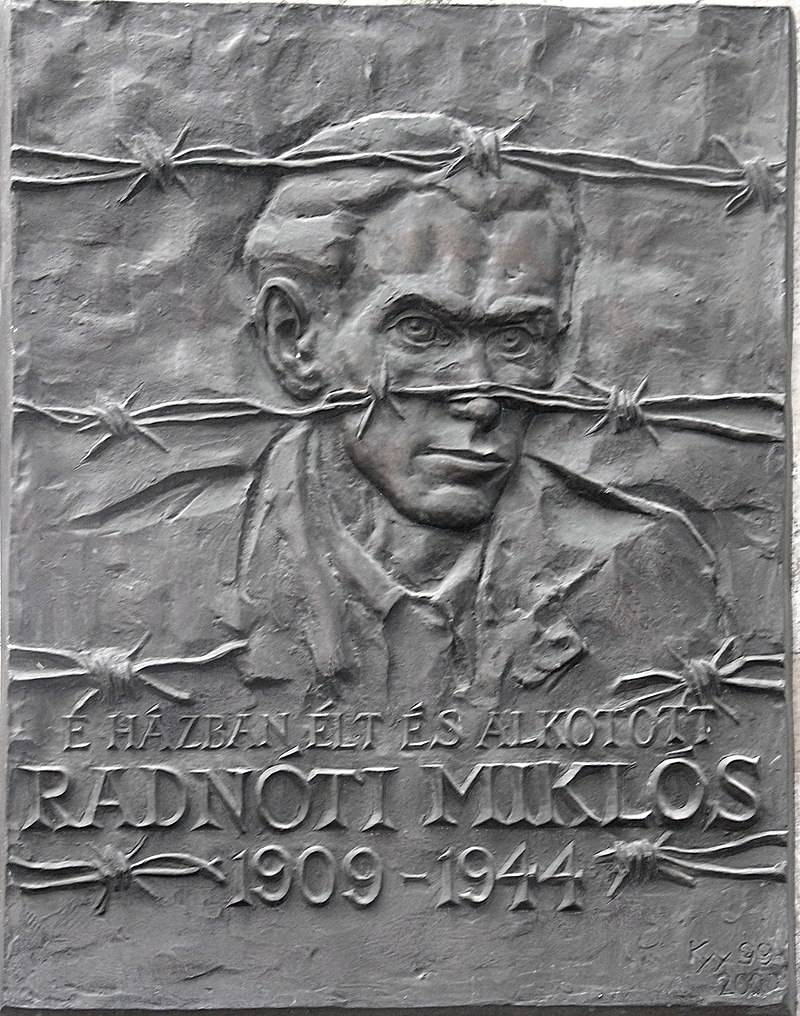
Radnóti Miklós élete, munkássága Irodalom kidolgozott érettségi tétel
Miklós Radnóti [1909-1944], a Hungarian Jew and fierce anti-fascist, was perhaps the greatest of the Holocaust poets. Before Radnóti was murdered by the Nazis, he was known for his eclogues, romantic poems and translations. He was born in Budapest in 1909. In 1930, at the age of 21, he published his first collection of poems, Pogány.
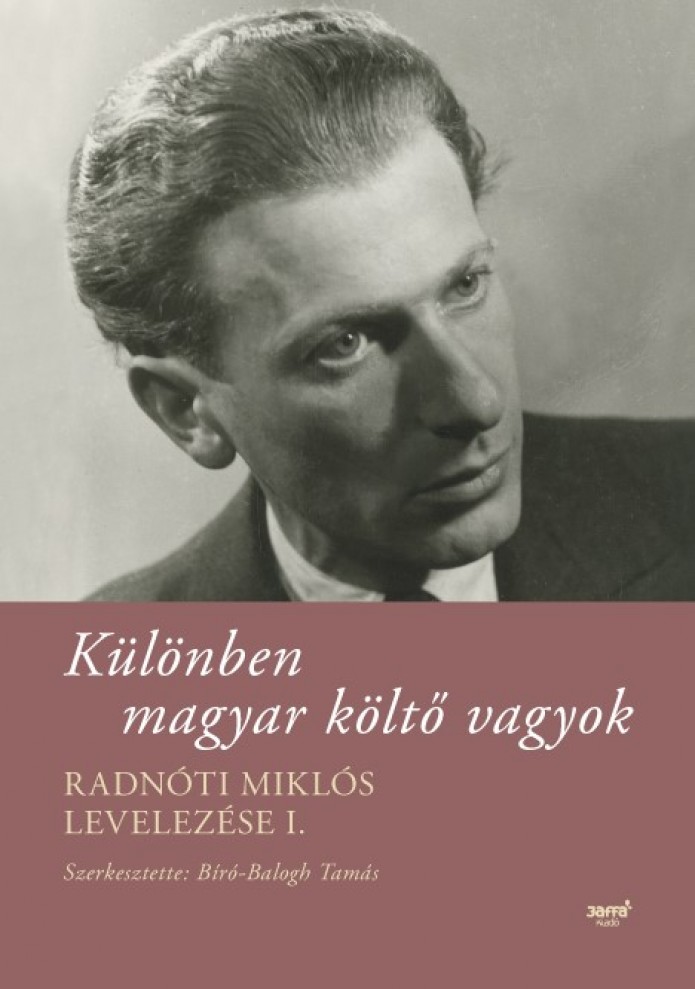
Különben magyar költő vagyok (Radnóti Miklós) [Könyv] 4190 Ft 9786155715853
Az iskola továbbra is várja a gyakorlóiskolák épületeire szánt kormányzati támogatást. S addig? Folytatódik a 4+8 és az 1+6 osztályos képzés, továbbra is a diákok állnak a tevékenységek központjában. A pedagógiai programnak megfelelően olyan diákok hagyják el az érettségivel az épületet, akik igényesek önmagukra.

Visitar Radnóti Miklós High School
Come and check everything at a surprisingly low price, you'd never want to miss it. Awesome Price & High Quality Here On Temu. New Users Enjoy Free Shipping & Free Return.
Radnóti Miklós Köztérkép
Radnóti Miklós - az első szegedi kép (1930) 1930. szeptember 11-én érkezett meg Szegedre, s másnap be is iratkozott a Szegedi Ferenc József Tudományegyetem bölcsészeti karának magyar - francia szakára. 1930-tól 1934-ig Szegeden lakott szerényebb hónapos szobákban, amelyek alaprajzát Gyarmati Fanninak elküldte levélben.
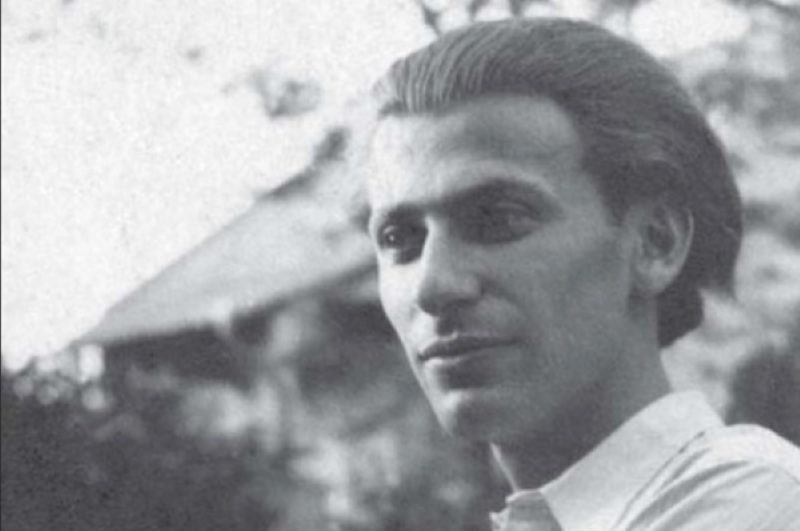
Verszarándoklat Radnóti Miklós emlékére kultúra.hu
Contents. (1910-1944), poet and translator. Considered one of the great Hungarian poets of the twentieth century, Miklós Radnóti was born Miklós Glatter, of Jewish parents, although he remained indifferent toward his Jewish roots all his life, converting formally to Catholicism in 1943. "I do not feel Jewish," he wrote in a 1942 letter.
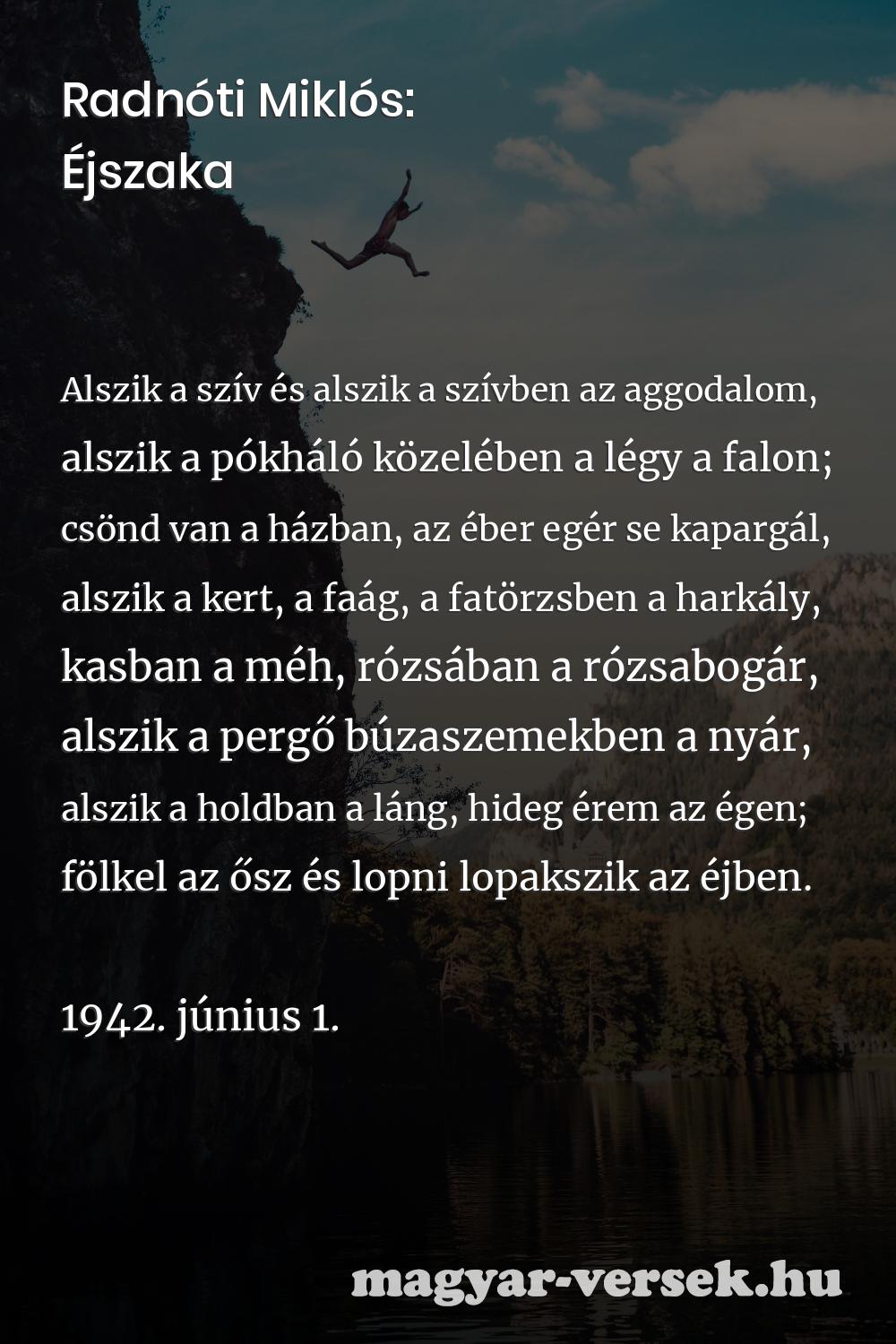
Radnóti Miklós Éjszaka Magyar versek
Innen származott Radnóti Miklós apja, Glatter Jakab, valószínűleg ezért esett Miklós választása erre a névre. Boldogság és tragédia A legnagyobb öröm egy gyermek világrajövetele, a legmaróbb gyász pedig egy apró élet elvesztése. 1909. május 5-én egyszerre mindkettőt kénytelen volt átélni a Glatter család.

Radnóti Miklós Idézet zukyt
Miklós Radnóti. Miklós Radnóti, birth name Miklós Glatter (5 May 1909 - 10 November 1944) was a Hungarian poet who died in The Holocaust. Radnóti was born in Budapest into an assimilated Jewish family. His life was considerably shaped by the fact that both his mother and his twin brother died at his birth.
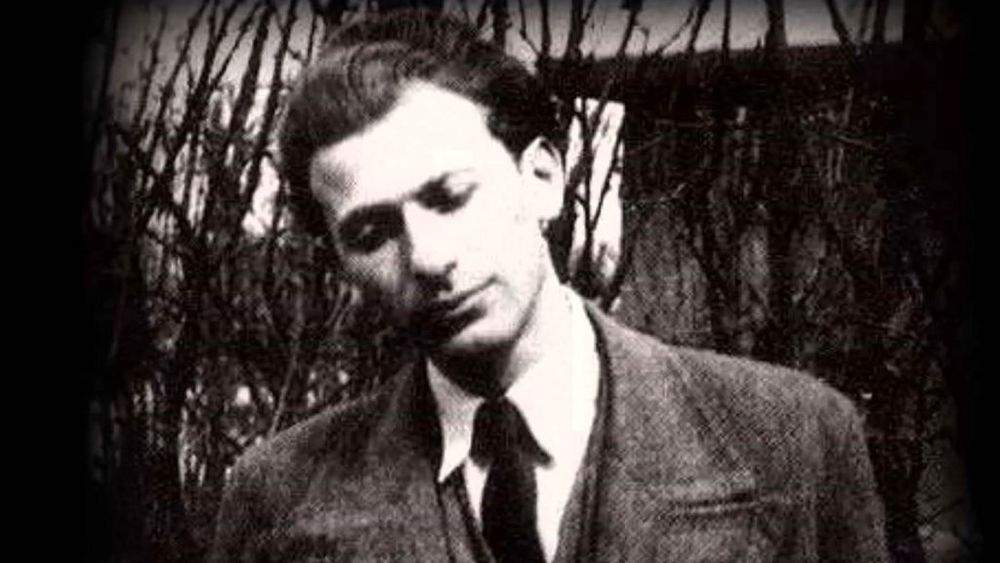
"Tarkólövés. Így végzed hát te is" 75 éve halt meg Radnóti Miklós ma7.sk
Miklós Radnóti was born on May 5, 1909 in Budapest. At his birth his mother and twin brother died. His surname was originally Glatter.. After his separation from his stepmother and half-sister between 1921 and 1923 he probably lived at Örömvölgy Street 16 in the 8th district with the brother of his stepmother Ede Molnár. In 1923 he.

Radnóti Miklós Idézet A Versről karácsonyi képeslapok idézettel
The dire circumstances of the poet's death as well as those of his birth, which was blighted by the deaths of his mother and his twin brother, are detailed in the foreword written by Győző Ferencz, the Hungarian editor of Radnóti Miklós összegyűjtött versei és versfordításai (The Collected Verse and Verse Translations of Miklós Radnóti). The same details are then duplicated in the.
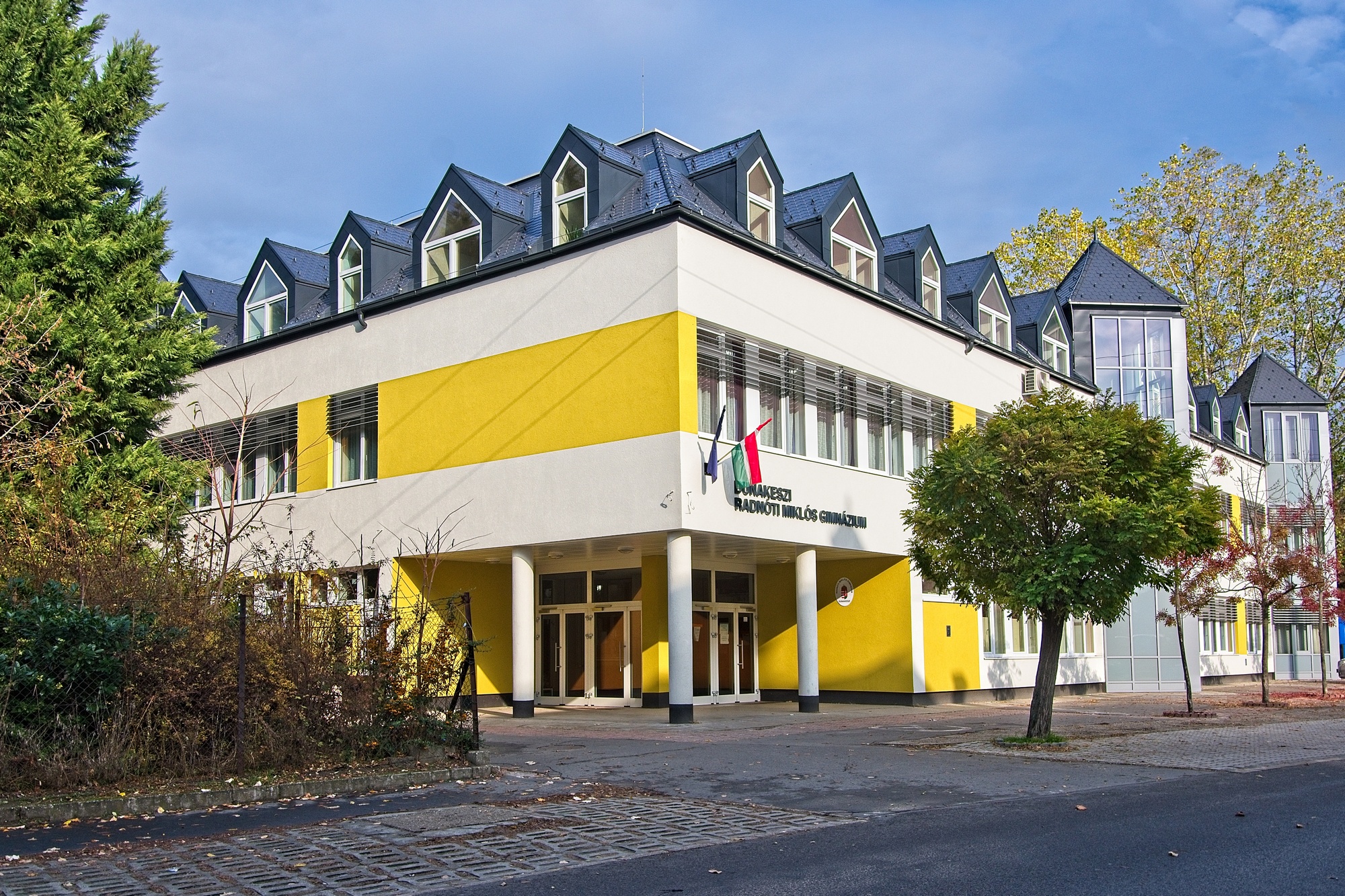
Elérhetőségünk Dunakeszi Radnóti Miklós Gimnázium
Miklós Radnóti was a Hungarian poet, an outstanding representative of modern Hungarian lyric poetry as well as a certified secondary school teacher of Hungarian and French. He is characterised by his striving for pure genre and his revival of traditional, tried and tested genres.
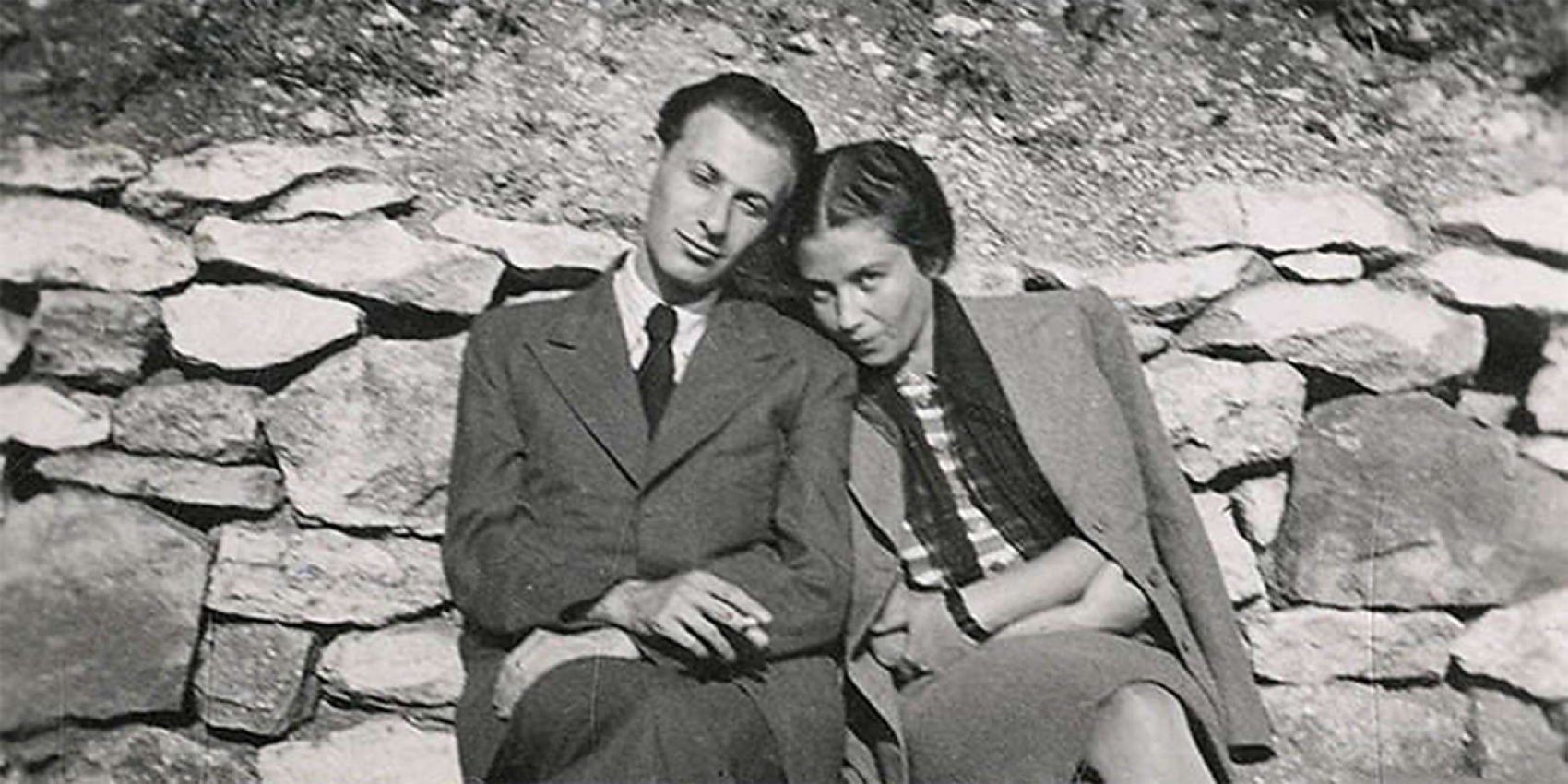
Szegedi Tudományegyetem Radnóti Miklós Emléknap a Szegedi Tudományegyetemen
A Radnóti Miklós nevet először 1929-ben használta, de még a Jóságban is Radnóti Glatter Miklósként jegyezte verseit. A Radnóti Miklós nevet 1930-tól használta kizárólagosan. Élete legfőbb törekvése ugyanis az volt, hogy magyar költő legyen, és felfogása szerint ehhez magyar név kellett.
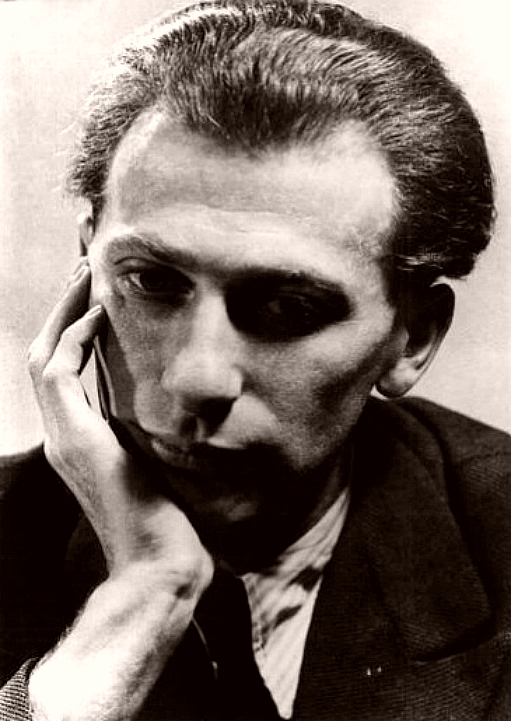
Radnóti Miklós „… költő vagyok, ki csak máglyára jó”
Miklós Radnóti is considered one of the greatest Hungarian poets of the 20th century. He was born in Budapest to Jewish parents. After a stint in his uncle's textile business, he turned to literature. Inspired by the activities of the Czech and Hungarian avant-gardes, Radnóti worked for a number of little magazines in Budapest, and his early poetry is influenced by avant-garde techniques.

DRAGOVOLJAC Nevenka Nekić „Radnóti Miklós i dvije posljednje večere“
Foamy Sky: The Major Poems of Miklós Radnóti, edited and translated by Zsuzsanna Ozsvath and Frederick Turner, Princeton University Press (Princeton, NJ), 1992. other Kaffka Margit müvészi fejlödése (title means "The Artistic Development of Margit Kaffka"), Szegedi fiatalok muvészeti kollégiuma (Szeged, Hungary), 1934.
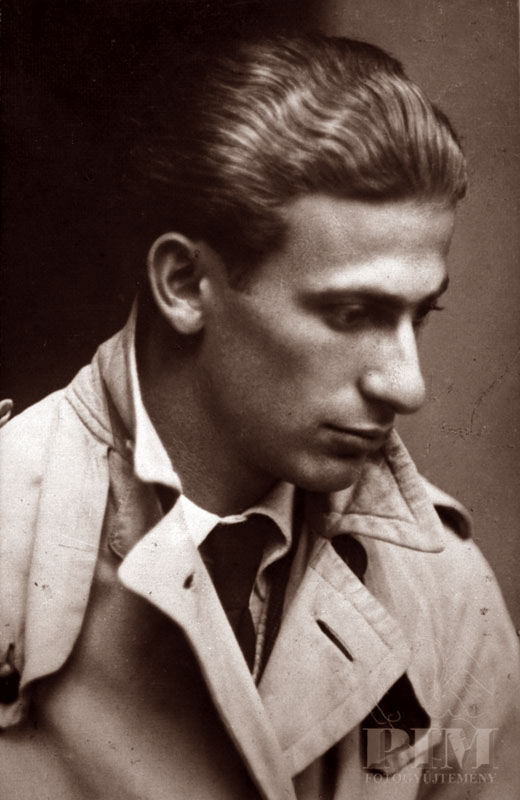
100 ÉVES A NYUGAT (19082008) RADNÓTI MIKLÓS
a Yorick Stúdió és a Tompa Miklós Társulat koprodukciója. Radnóti Színház. Jegyvásárlás. 13.. 16. kedd. 19:00. Antigoné. A Radnóti Miklós Színház Nonprofit Kft. Budapest Főváros Önkormányzata fenntartásában működik. 2017. Radnóti Színház

70 éve halt meg Radnóti Miklós NLCafé
Miklós Radnóti (born Miklós Glatter, surname variants: Radnói, Radnóczi; 5 May 1909 - 4 or 9 November 1944) was a Hungarian poet, an outstanding representative of modern Hungarian lyric poetry as well as a certified secondary school teacher of Hungarian and French. He is characterised by his striving for pure genre and his revival of traditional, tried and tested genres.

Száztíz éve született a kétszeresen halálra ítélt költő Radnóti Miklós vasarnap.hu
When the body of Miklós Radnóti was conclusively identi-fied after being exhumed in the summer of 1946, nearly two years after the poet had been murdered by retreating Hungarian fascist militia and buried in a shallow mass grave, a notebook with his last 10 poems and a plea to send them to his best friend after his death was the final vestige of a short and brilliant career overshadowed by.